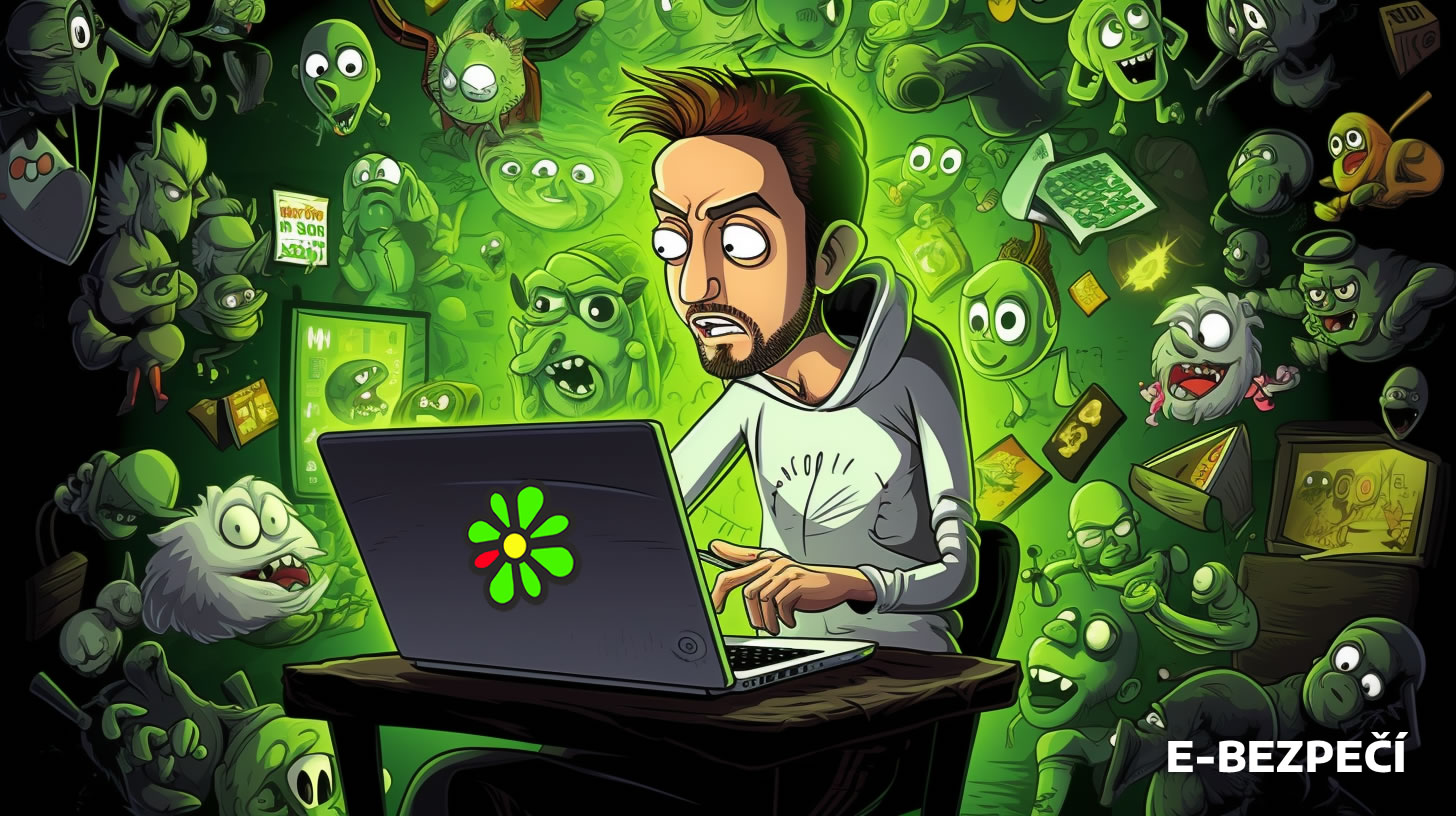
After nearly three decades, we say goodbye to one of the most famous and widely used communication tools of the 90s and early 21st century – ICQ. This pioneer among instant messengers, which had millions of users worldwide in its heyday, will cease operations on June 26, 2024. What led to its end and what legacy does it leave behind?
The History and Rise of ICQ
ICQ, which stands for “I Seek You,” was launched by the Israeli company Mirabilis in November 1996. ICQ quickly gained popularity due to its ability for instant text communication, which was revolutionary at the time. Users could send messages, share files, and play simple games with each other. Within a few years, ICQ spread worldwide and became synonymous with instant messaging.
The Fall and End
Despite its initial success, the popularity of ICQ began to decline with the advent of new communication platforms like MSN Messenger, Skype, and later WhatsApp, Facebook Messenger, and others. In 2010, ICQ was bought by the Russian company Mail.ru, which tried to bring the application back to prominence, but with little success. Gradually, ICQ became a marginal affair and most users switched to more modern and secure platforms.
The final decision to shut down came in 2024, when the operators announced that ICQ would be permanently shut down on June 26. The reasons include not only the declining number of active users but also outdated technology and security risks associated with using ICQ.

Security Risks
One of the main reasons why the end of ICQ is welcomed more with relief than nostalgia is the security risks associated with this platform. When ICQ was launched in 1996, cyber threats were much less widespread and sophisticated than they are today. As a result, ICQ was not designed with modern security standards in mind, making it a potentially dangerous tool in today’s digital environment.
Outdated Encryption Methods
ICQ used encryption methods that were considered sufficient at the time of its inception. However, with the advancement of technology, these methods have become outdated and vulnerable to modern types of attacks. Cybercriminals today have access to much more powerful tools and techniques that allow them to easily break older encryption algorithms. This means that communication via ICQ could potentially be intercepted or manipulated without the user's knowledge.
Inadequate Personal Data Protection
Today, personal data protection is a critical part of any online service. However, ICQ was created at a time when user privacy requirements were much lower. Therefore, the platform did not implement advanced security features that are standard today, such as end-to-end encryption, which ensures that only the sender and recipient can read the messages. The absence of these measures means that users' personal data and communication could be at risk of misuse.
Vulnerabilities to Malware and Phishing
ICQ was also susceptible to various types of attacks, such as malware and phishing. Older versions of the software may have contained security flaws that cybercriminals could exploit to spread malicious software or steal sensitive information. Users could also be targets of phishing attacks, where fraudsters could gain access to their accounts using fake messages or websites.
Insufficient Updates and Support
Over the years, support and updates for ICQ became increasingly sporadic. This means that even when new security threats or vulnerabilities were discovered, they were often not quickly or ever fixed. As a result, ICQ became increasingly vulnerable to new types of attacks, while modern platforms regularly release updates to ensure a higher level of security.
(ICQ in a famous song by Tatabojs)
The Legacy of ICQ
Although ICQ is ending, its impact on the world of digital communication is undeniable. As one of the first widely used communication applications, it showed how the internet could be used to instantly connect people around the world. The concepts and technologies introduced by ICQ remain the foundation of modern chat applications.
Goodbye, ICQ. Although your time has ended, the memory of you will live on in the hearts of those who experienced your golden age.
Kamil Kopecký
Palacký University in Olomouc
with the support of AI
```































